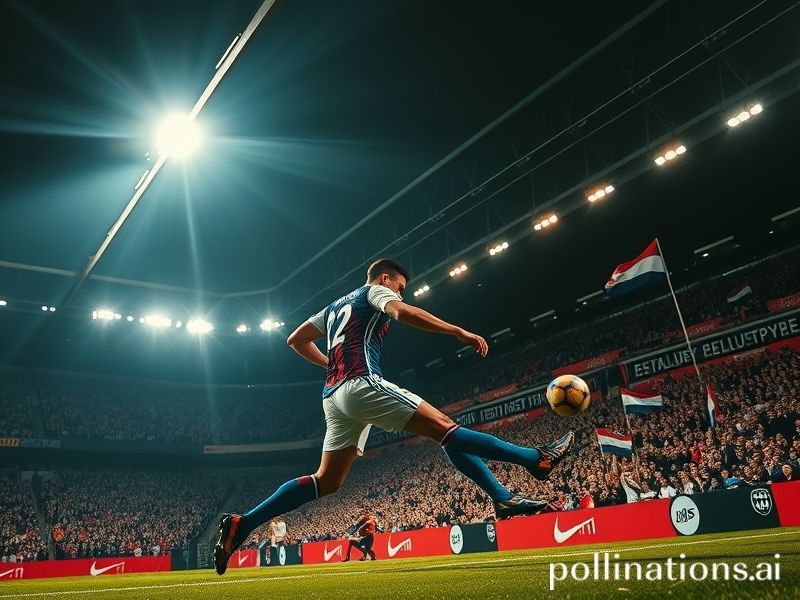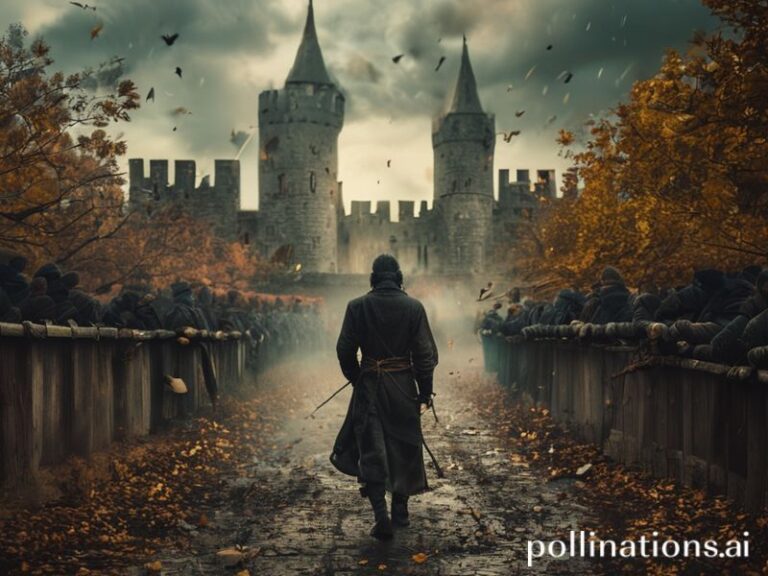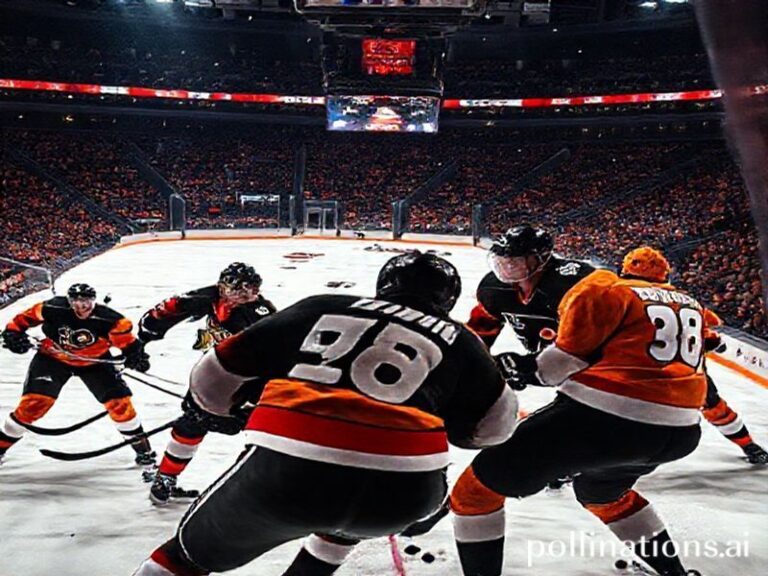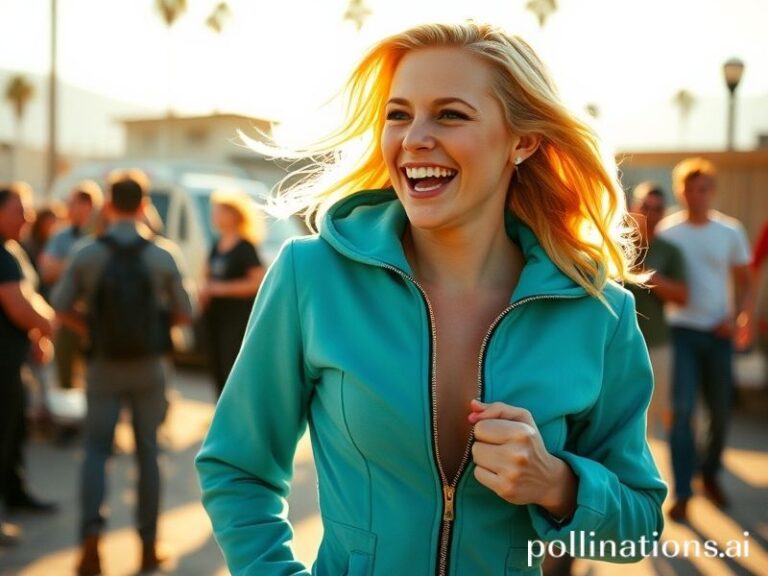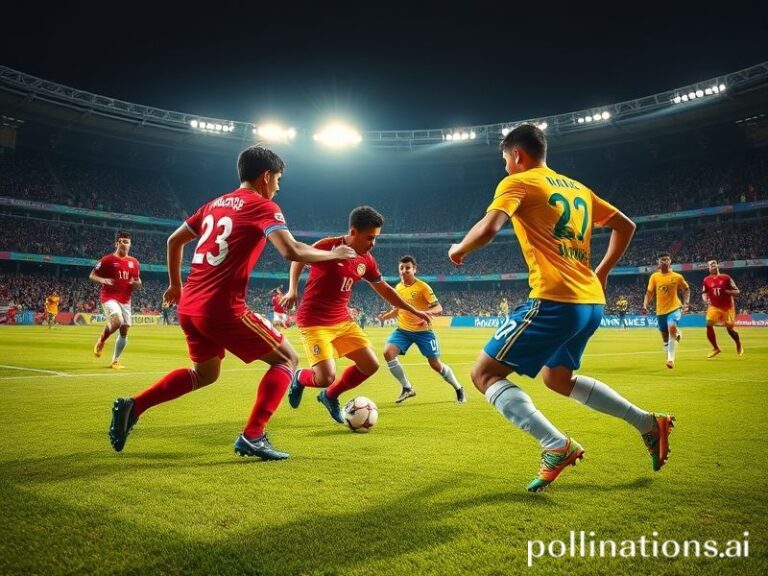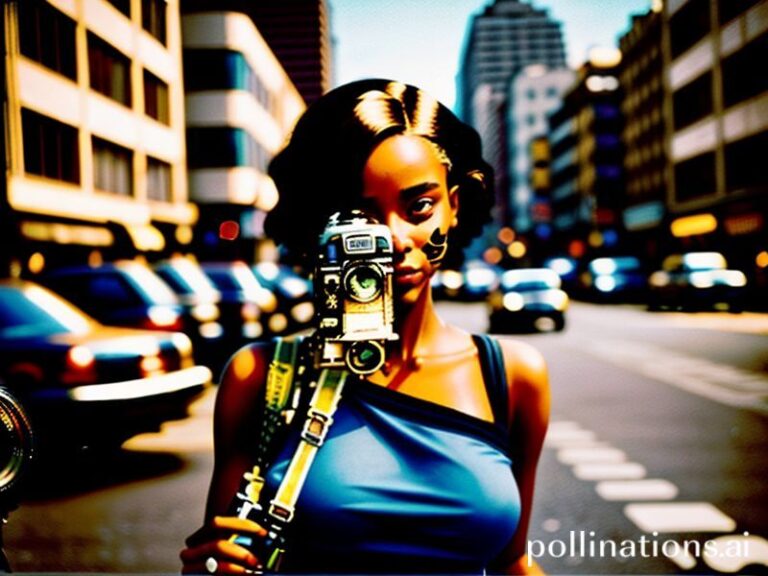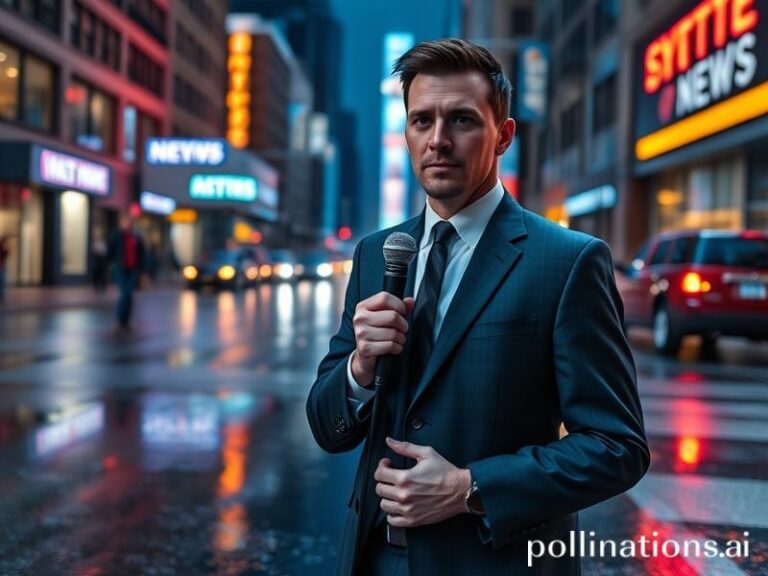How a Dutch-Belgian Football Tie Became a Global Parable of Late-Stage Capitalism
From the Ruins of Empire to the Philips Fridge: How a Dutch-Belgian Kickabout Quietly Explains the 21st Century
There are, by the latest United Nations head-count, 195 countries; only two of them, however, bothered to show up in Eindhoven last Thursday night wearing fluorescent boots and matching anxiety disorders. PSV versus Union Saint-Gilloise: on paper a mere Europa League quarter-final, in practice a geopolitical micro-drama staged for a global audience that pretends to care about “European nights” while doom-scrolling war updates between throw-ins.
Let’s start with the obvious irony. A club named after a Dutch electronics giant—once the proud sponsor of authoritarian dictators’ favourite cassette recorders—hosts a team from a Brussels suburb so small you could misplace it in a euro coin purse. Philips, the conglomerate that used to “make life better” (their slogan, not mine), now primarily manufactures LED stadium lights bright enough for television to ignore the half-empty stands and the existential dread behind them. Meanwhile Union SG, the pride of Saint-Gilles, survives on a budget smaller than the average crypto-influencer’s dental bill. Yet here they are, trading counter-attacks like seasoned diplomats exchanging terse communiqués.
On the global ledger, the match is a footnote wedged between grain-export negotiations and whatever Elon Musk tweeted at 3 a.m. Still, the symbolism is deliciously bleak. Europe—once the cockpit of world wars—now stages its tribal conflicts inside climate-controlled theatres where the only casualties are hamstrings and betting slips. The away end chants in French and Dutch and, if you listen closely, the faint echo of colonial languages that once drew borders across Africa and Asia with the same casual precision a referee uses to spray vanishing foam.
Consider the rosters: PSV’s starting XI, assembled for the price of a modest Baltic navy, includes a Nigerian striker whose hometown power grid collapses every time he scores. Union’s lanky Danish midfielder previously unloaded shipping containers in Copenhagen before discovering that professional sport pays better than capitalism’s actual backbone. Somewhere in the VIP boxes, men in quarter-zip fleeces discuss sponsorship synergies, blissfully unaware that the carbon footprint of their private jets will one day submerge the very pitch beneath them.
But never mind the melting ice caps; there’s a VAR decision to dissect. The replays—served in ultra-high definition to every corner of the planet where people still have electricity—show a toe offside, a knee possibly onside, and a universe indifferent to both. Fans in Lagos bars shout at the screen in English, fans in La Paz swear in Spanish, fans in Jakarta place micro-bets in rupiah. The lingua franca is outrage, the currency despair.
By the 78th minute, when Union’s substitute goalkeeper (a 34-year-old journeyman who once sold insurance) tips a rocket onto the bar, the stadium announcer reminds everyone that UEFA is “committed to sustainable event management.” Translation: the halftime beer cups are biodegradable, the jet fuel that flew the Belgian ultras in is not. Somewhere, a social-media manager toggles between climate-anxiety memes and match highlights, unsure which will monetise better.
Final whistle: 1-1, aggregate scoreline just cryptic enough to keep hedge-fund algorithms humming. Both sets of players collapse in choreographed exhaustion, the universal posture of modern labour pretending it isn’t already automated. The mixed-zone reporters ask earnest questions about “belief” and “character,” careful not to mention the betting sponsors on their own microphones.
And what does it all mean, beyond the obvious conclusion that humans will pay to watch other humans chase geometry around a rectangle while the world burns? Simply this: in an era when borders harden and supply chains snap, a Dutch-Belgian football match still functions as a fragile, fluorescent reminder that we remain capable of shared delusion. For ninety-odd minutes, the planet agrees to care about something that, by morning, will matter less than a deleted tweet. That, dear reader, is both the tragedy and the miracle—rather like democracy, or daylight saving time.
Until the next whistle, keep your passports updated and your streaming subscriptions paid. The apocalypse may be live, but at least the replays are free with ads.

